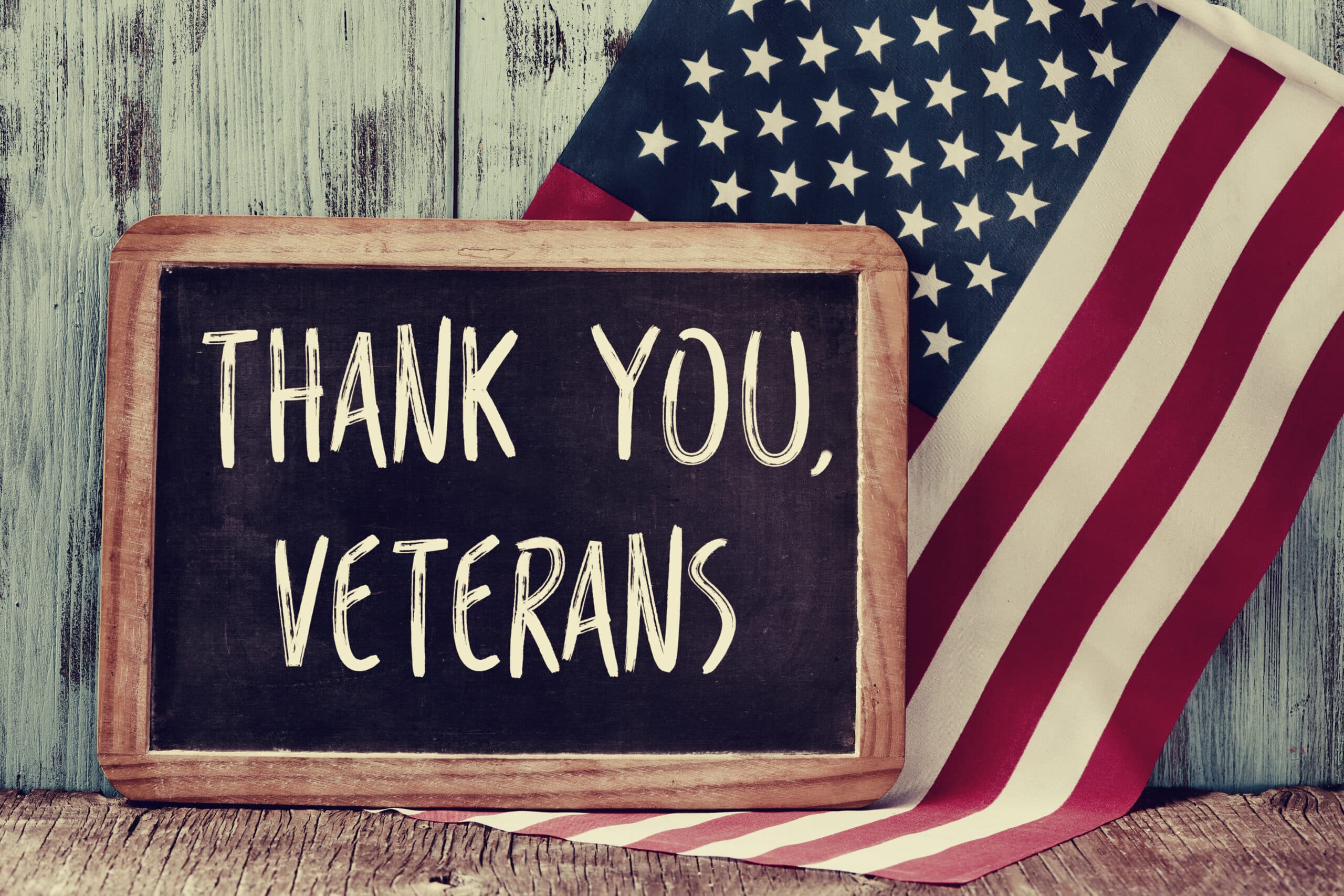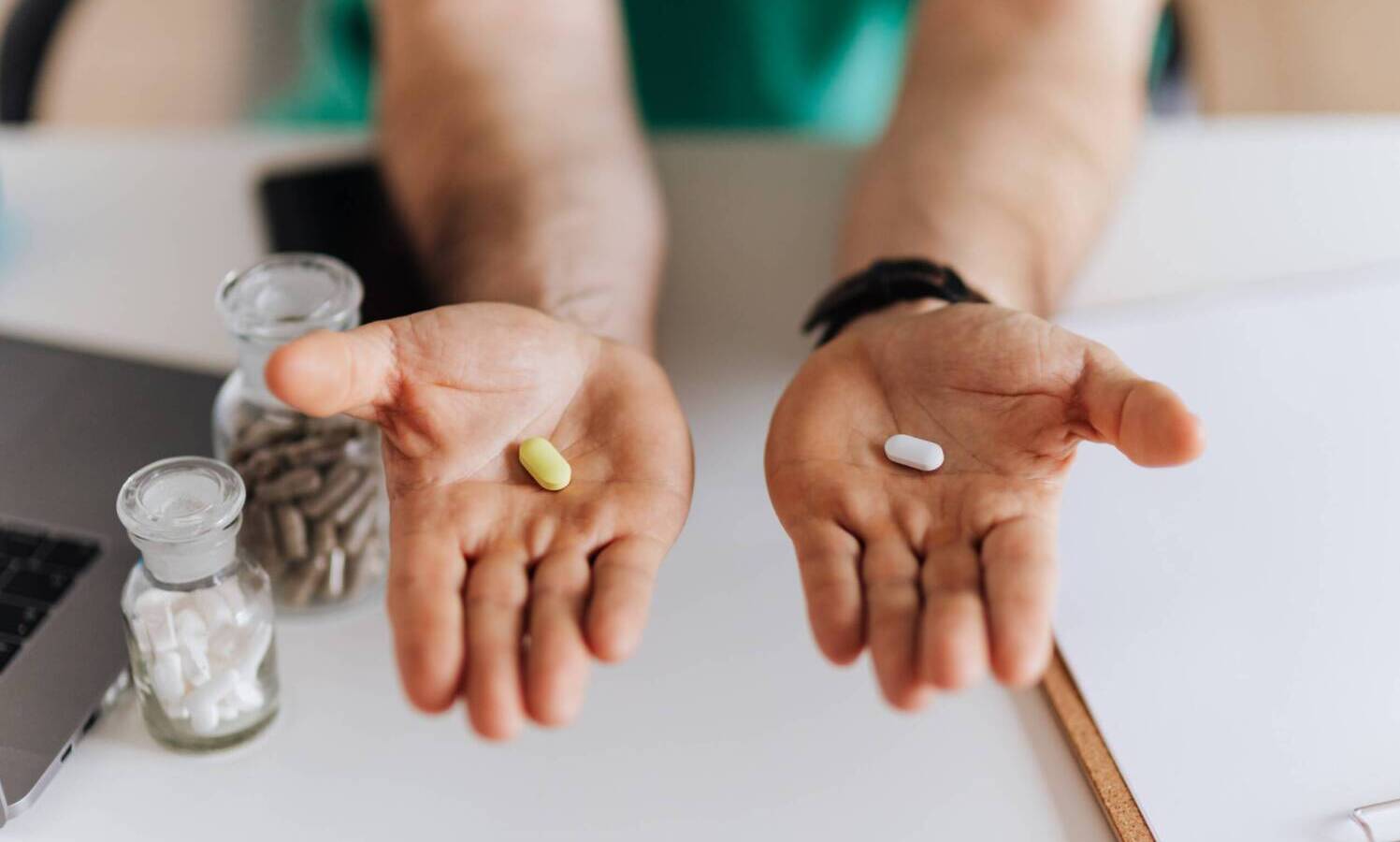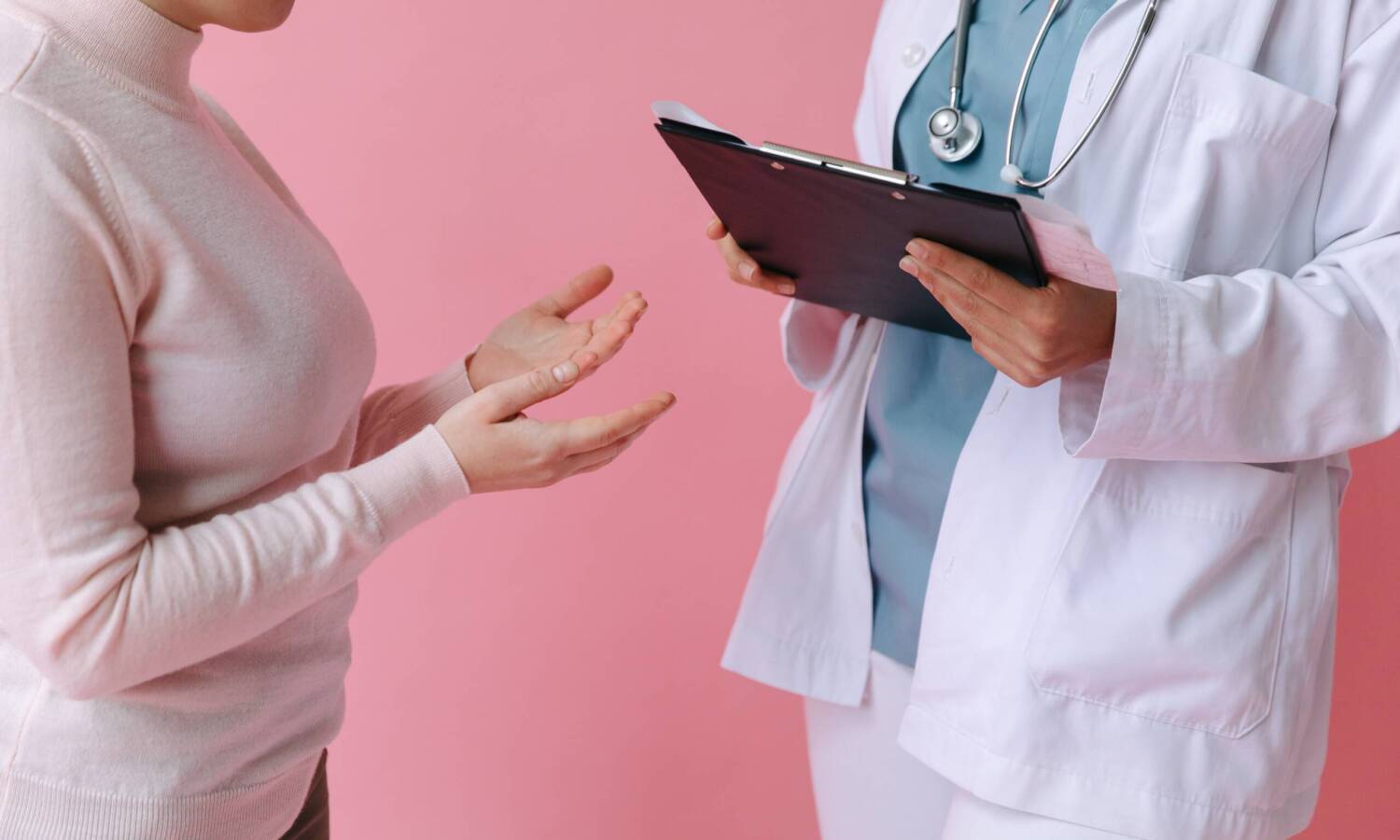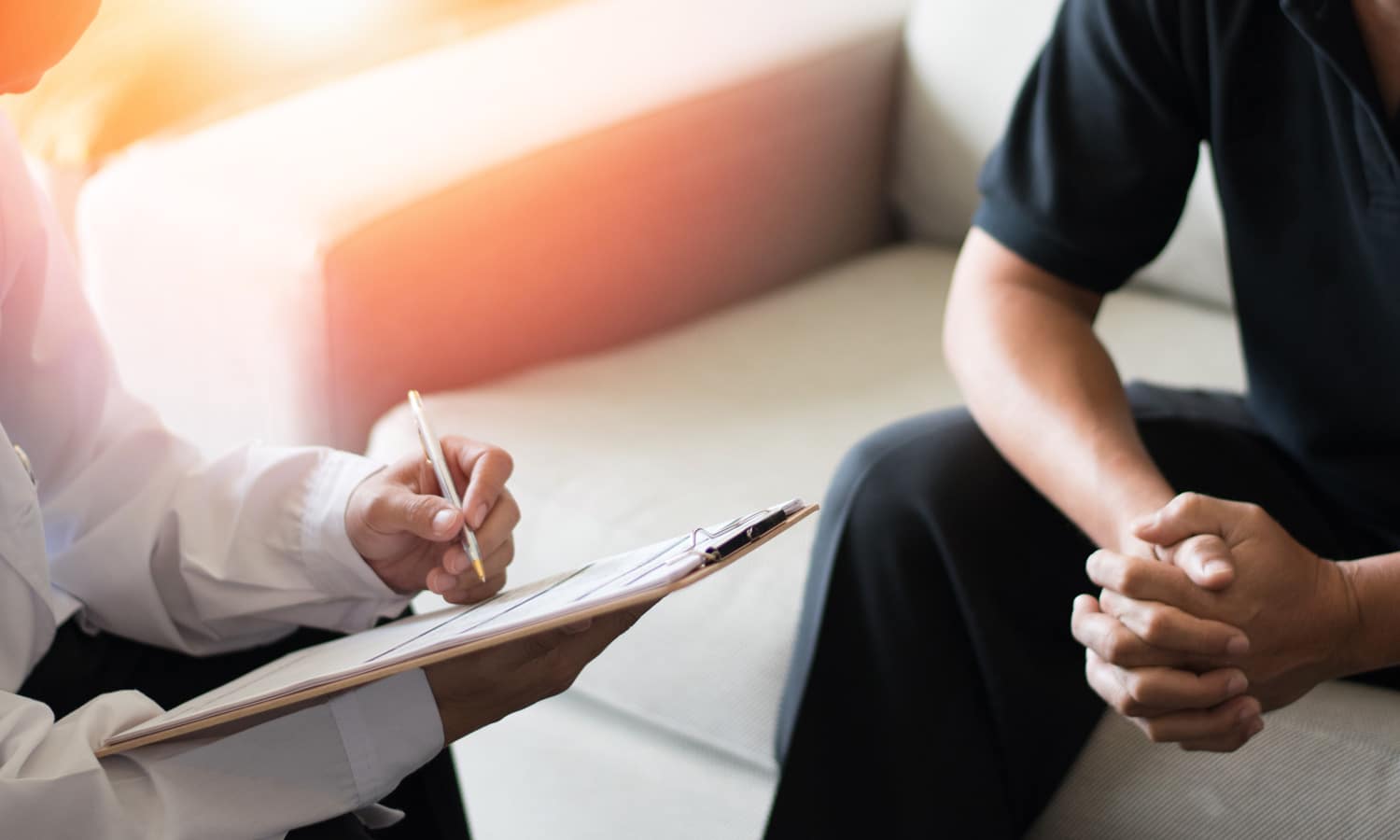California is one step closer to legalizing psychedelics. A State Senate committee approved a bill that legalizes possessing certain psychedelic substances.
The bill looks to legalize the “possession, preparation, obtaining, transfer, as specified, or transportation” of small amounts of psilocybin, psilocin, DMT, ibogaine and mescaline for personal use.
LSD and MDMA will remain illegal due to an appeal to nature. While earlier versions of the bill included them, some felt LSD and MDMA are synthetic and thus not genuine plant-based medicines. You have to wonder what these people think about plant-based meat.
Psychedelic drug paraphernalia, which is technically illegal in California, would be legalized.
This isn’t the only psychedelic bill going through the California legislature. A Republican recently filed an Assembly bill to provide psychedelic therapy for military veterans. And California isn’t the only state interested in legalizing psychedelics.
Details of the Bill
California is one step closer to legalizing psychedelics, so what are the details? According to the approved bill, the following will be legal:
DMT: 2 grams
Ibogaine: 15 grams
Psilocybin: 2 grams, or up to 4 ounces of “a plant or fungi containing psilocybin”
Psilocyn: 2 grams, or up to 4 ounces of “a plant or fungi containing psilocyn.”
What’s the difference between psilocybin and psilocyn?
Psilocybin is a prodrug which is converted into psilocin after you ingest it. Psilocybin is not psychoactive on its own, but once metabolized into psilocin in the body, it becomes active and produces its psychedelic effects.
On the other hand, psilocin is the primary psychoactive compound responsible for the psychedelic effects of magic mushrooms. It is structurally similar to serotonin, a neurotransmitter crucial in regulating mood, appetite, and sleep.
It’s similar (but not quite the same) as THCA and THC. Technically, cannabis only has THCA. It’s when you decarboxylate THCA that it becomes THC.
How Soon Can Californians Buy Acid, Legally?
While California may be one step closer to legalizing psychedelics, the state is still far from a robust commercial market, if that’s even the goal.
While the dichotomy between recreational and medical cannabis is apparent (although, some would argue, arbitrary), there is less of a distinction with psychedelics.
Whenever we discuss the legalization or decriminalization of psychedelics, it’s almost always wrapped up in the language of helping people with mental health problems. Of course, this is one of the significant benefits of psychedelics.
The bill’s author, Senator Scott Wiener, tweeted, “Team Psychedelics — veterans & health providers — is ready to get these life-saving substances decriminalized for Californians. Let’s go!”
And while we’re all for psychedelic therapy, what about those who don’t have particularly poor mental health? What about those stuck in a rut or needing a fresh take on an old problem?
What about the right to your own body?
California Closer to Legalizing Psychedelics
An earlier version of the bill almost died in 2022. Law enforcement wasn’t willing to support it if it contained LSD and MDMA, as well as peyote.
That said, the bill’s language is far better than anything that’s come out of Canada, where it’s easier to get government-assisted suicide than to get your hands on legal, therapeutic psychedelics.
“For over fifty years, the War on Drugs has caused overwhelming financial and societal costs,” the bill says. “The current United States drug control scheme does not reflect a modern understanding of the incentives, economics, or impacts of substance use, nor does it accurately reflect the risks or potential therapeutic benefits of many presently illicit substances.”
Or as Wiener told the press, “These drugs literally save lives and are some of the most promising treatments we have for PTSD, anxiety, depression, and addiction. We need to end the outdated, racist, failed War on Drugs and finally pursue drug policies that help people instead of incarcerating them.”
California Not the Only State Legalizing Psychedelics
As of March 2023, over a dozen American States are proposing some form of medical psychedelics program or decriminalization. At least four states have made significant inroads toward legalizing psychedelics. They are:
Washington approved a bill legalizing psilocybin therapy in a supervised setting.
Hawaii passed two measures to study psilocybin and MDMA to create a medical psychedelics program.
Colorado’s Senators just approved a Psychedelics Advisory Board to oversee legalizing psychedelics.
Starting in January 2023, Oregan allows for producing, processing, delivering, and possessing of psilocybin and other naturally-occurring psychedelic compounds. They also decriminalized LSD.
But plenty of states also have psychedelic bills moving through committees.
Not Quite Legal Yet…
Arizona is throwing money ($30 million) at clinical trials to study psilocybin’s effects on mental health.
Connecticut wants to decriminalize small amounts of psilocybin up to 1.5 ounces.
Illinois’s “The CURE Act,” will create a state-run psychedelic therapy program.
Iowa’s bill simply seeks to remove psilocybin and psilocin from the state’s list of controlled substances. Kudos to Iowa and phooey to Illinois
Maryland’s bill would decriminalize small amounts of LSD, MDMA, methadone, cocaine, and heroin. The bill is still in committee.
Massachusetts is looking to decriminalize up to 2 grams of psilocybin, DMT, ibogaine, and mescaline for adults over 18.
Michigan’s psychedelic reform has occurred at more local levels, with at least seven counties decriminalizing psychedelics in some form or another.
More States That Want Psychedelic Reform…
Minnesota wants to establish a task force to study legalizing psychedelics for medical purposes. This would include psilocybin, MDMA, LSD, mescaline, DMT, ibogaine, and ketamine.
Missouri has approved a bill promoting therapeutic uses of psilocybin, MDMA, and ketamine for military veterans.
Nevada is looking to legalize magic mushrooms and MDA for medical purposes. But also in decriminalizing up to four ounces of psilocybin mushrooms for adults over 18.
New Hampshire wants DMT removed from the state’s list of controlled substances. There was also talk of repealing the entire Controlled Drug Act. A bill is looking to fully legalize using and possessing LSD, psilocybin, mescaline, and peyote for people over 21.
New Mexico approved a bill creating an advisory board to study a psilocybin medical program in the state.
New York has several psychedelic bills that have yet to go beyond first-referred committees.
Rhode Island is looking to decriminalize up to an ounce of psilocybin mushrooms and allow home cultivation.
Texas has several bills to amend existing laws to make psilocybin, MDMA, and ketamine therapy available for military veterans. One bill may end up permitting ketamine clinics operated for and by veterans.
Utah might legalize psilocybin therapy in a clinical setting for adults over 21.
Vermont also wants to decriminalize psilocybin possession and sales and establish a psychedelic therapy advisory group.
Virginia wants to reschedule psilocybin and establish an advisory board
Washington is considering decriminalizing psilocybin, while cities like Port Townsend already have.
West Virginia wants to remove psilocybin and cannabis (including THC) from the state’s list of controlled substances.
Legalizing Psychedelics
Even as little as five years ago, this would have looked impossible. The push for psychedelic reform is gaining momentum across the United States.
Legalizing psychedelics, in one form or another, is no longer taboo. And while much work remains, progress has been significant.
By legalizing psychedelics, governments can undo some of the damage they’ve done.
Whether it’s been by denying people psychedelic medicines or sending young men and women off to fight useless wars, where they return with mental health issues and none of the resources to deal with it.
A society with legal psychedelics is a more compassionate and understanding society. But while therapeutic uses may justify psychedelic reform, ultimately, the only justification one needs is the right to bodily autonomy.
You own yourself. No one has the right to prevent you from consuming psychedelics.


 Cannabis News2 years ago
Cannabis News2 years ago
 One-Hit Wonders2 years ago
One-Hit Wonders2 years ago
 Cannabis 1012 years ago
Cannabis 1012 years ago
 drug testing1 year ago
drug testing1 year ago
 Education2 years ago
Education2 years ago
 Cannabis2 years ago
Cannabis2 years ago
 Marijuana Business Daily2 years ago
Marijuana Business Daily2 years ago
 California2 years ago
California2 years ago
























